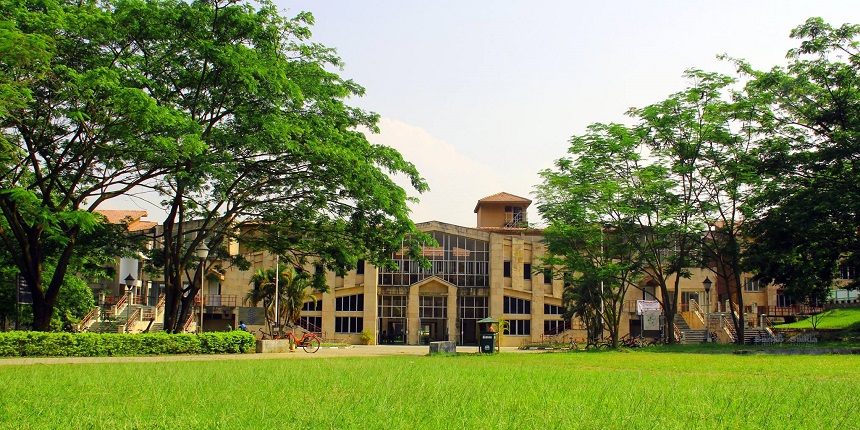IIT Guwahati team develops optimisation-based voltage control approach for power distribution
Press Trust of India | July 19, 2022 | 03:42 PM IST | 2 mins read
IITG: The research team has developed a three-stage model predictive control (MPC) approach to schedule charging of EVs and other devices.

GUWAHATI: Researchers at IIT, Guwahati, have developed optimised control schemes for active power distribution networks that can enable coordinated operation of photovoltaic (PV) power generation and electric vehicle charging stations. The sustainability of electric vehicles (EV) can be enhanced if the power used to charge these vehicles is also based on renewable energy sources such as solar energy, an IIT release said here on Tuesday.
“However, solar energy is intermittent which leads to voltage fluctuation problems in the power distribution networks. Furthermore, EV charging is uncoordinated at present, which leads to under-voltage of the distribution networks, and associated efficiency loss,” the press release said. A coordinated control approach for the power distribution system is required to derive maximum benefits from renewable power generation and EV power sourcing, it said.
The research team has developed a three-stage model predictive control (MPC) approach to schedule charging of EVs and other devices, the release said. The three stages involve coordination of the volt-var devices in two different time scales, reception of the reactive power setpoints by the local controller, and EV charge scheduling in accordance with the balance between the operating cost and customer satisfaction.
Also read | Uttar Pradesh: Astronomy labs transform 105 Bulandshahr schools, foster ‘community learning’
Lead researcher Sanjib Ganguly said, “We have developed an optimisation-based coordinated voltage control approach of power distribution networks to mitigate the overvoltage and under-voltage problems due to high PV generation and high EV charging respectively. “Our three-stage model helps in maintaining bus voltage magnitudes and state-of-charge (SOC) of EV battery within safe limits with minimal usage of control resources and cost of electricity consumption.” The approach developed by the IIT-Guwahati team also provides a framework for the transition from passive power distribution to active.
Also read | UGC has ‘no proposal’ to absorb ad-hoc teachers, says Education Ministry
Ganguly, associate professor in the Department of Electronics and Electrical Engineering (EEE), along with his research scholar Arunima Dutta and colleague Chandan Kumar, have recently published their research in the journal ‘Sustainable Energy, Grids and Networks’. The approach proposed by Ganguly and his team will help regulate voltages generated by intermittent PV systems and also paves the way for EVs to participate in the active power distribution scheme, the release added.
Follow us for the latest education news on colleges and universities, admission, courses, exams, research, education policies, study abroad and more..
To get in touch, write to us at news@careers360.com.